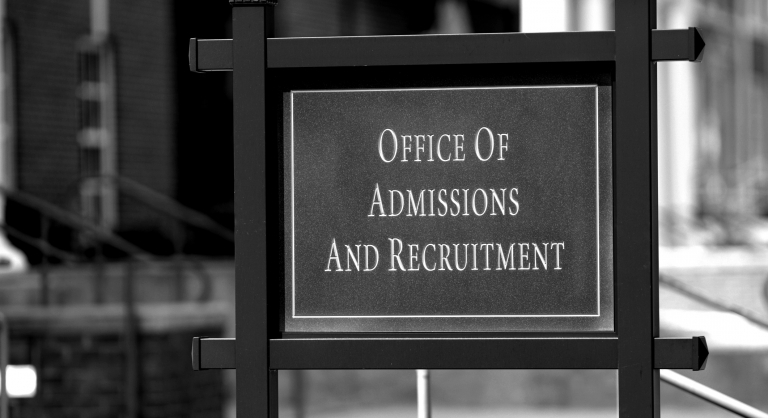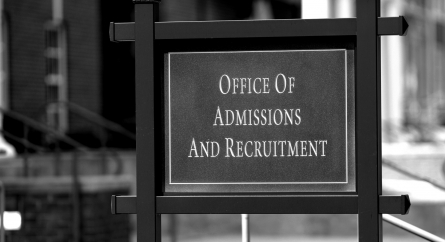Higher Education Diversity Update: Early Admissions Numbers Are Strong for Economic Diversity, but FAFSA Delays Present a Challenge
In the wake of the Supreme Court’s ban on race-based affirmative action, many colleges and universities have shifted their admissions practices to more heavily focus on socioeconomic diversity. Early admissions numbers from elite institutions show that those efforts have been largely successful. Harvard, Brown, and Penn each reported that the number of first-generation students admitted early has grown this year as compared to last year. Harvard also increased the number of early admits whose application fees were waived due to financial need, and Brown over several years has dramatically increased the number of students admitted early through Questbridge, a program for low-income families – to 64 students this year, up from three in 2015.
Colleges’ efforts to increase socioeconomic diversity may be stymied, however, by some bureaucratic errors at the U.S. Department of Education, which delayed the processing of financial aid forms for financial aid applicants across the country.
To apply for federal aid and scholarships, students have to fill out the Free Application for Federal Student Aid (FAFSA), and the aid that the federal government gives to students is used as the basis for any financial aid that colleges will offer. FAFSA results are usually available by late March, which has enabled students to commit to colleges in early May.
This year, however, the rollout of a new FAFSA form was plagued by errors that prevented students from accessing it, and as a result FAFSA results have been delayed. The delay in FAFSA information impacts what schools will offer to students and has led many students to delay their college decisions. Families, especially lower income families, are simply not willing to commit to a college without knowing what the price tag will be. This, of course, is not a concern shared across the economic spectrum as students not eligible for federal aid are unaffected.
As of April, the Department of Education is still processing FAFSA forms, and students are increasingly worried that they will not have sufficient financial aid information to make an informed decision about college prior to May 1. Some colleges have responded by rolling out their own financial aid packages earlier, or by extending deposit/decision dates for incoming freshmen.
A March 30 Boston Globe article described how the FAFSA logjam has disproportionately impacted students at the lower end of the economic spectrum. While the vast majority of students do submit a FAFSA form, and receive some type of financial aid, lower income students may be less likely to “raise their hand and ask” for things like extensions on the deadline for deposits. Lower income students may also be more likely to attend a community college or take a job when their ability to enroll at a four-year college becomes less clear due to a lack of financial aid information.
As a result of FAFSA delays, colleges likely will not have their incoming classes determined as of May 1 this year. When the classes are assembled, it will be interesting to see whether a disproportionate number of low-income students decline to enroll and whether this is due to FAFSA errors.
Categorized: Diversity, Financial Aid
Tagged In: college admissions, financial aid, socioeconomic diversity






